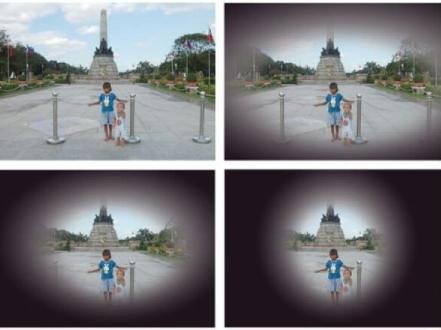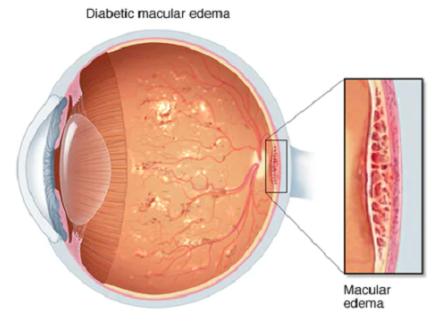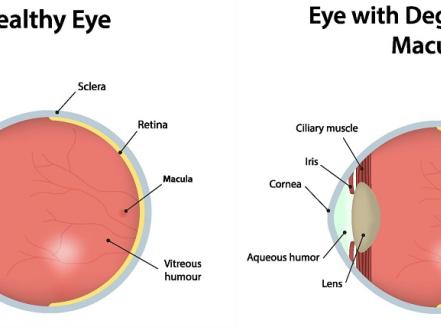How Vision Loss Impacts Cognitive Health in Aging Adults
Standardized ETDRS tests measuring human visual acuity and contrast sensitivity were used to assess visual quality (such testing provides the most reliable picture of human visual quality), and an MMSE test called the Test was used to assess cognitive function (mental abilities and ability to function independently). on the state of the minimum necessary mental functions.
The MMSE test includes 11 criterias, which include assessment of orientation in time and space, comprehension and recollection of words, attention, arithmetic calculations, communication and visualization skills. Assessment of abilities was performed at intervals of 2, 6 and 8 years.
The norm was considered to be the lower limit of visual acuity 0.8, and the usual normal indicators of human cognitive functions. Assessment of abilities was performed at intervals of 2, 6 and 8 years.
The results of the study showed that the deterioration of vision, even by 1 letter, impaired cognitive function at almost 21% of people.
Deterioration of vision in the elderly is associated with further deterioration of human cognitive functioning. The findings of the study recommend maintaining high quality vision through preventive measures and timely treatment of eye diseases, which is a working strategy to maintain cognitive function with age, "says author Diane Zheng (MS).
The data of this study convincingly showed that visual impairment reduces cognitive function because it impairs the ability of the elderly to participate in actions that stimulate the brain - so maintaining high quality vision is very important for mental health.






